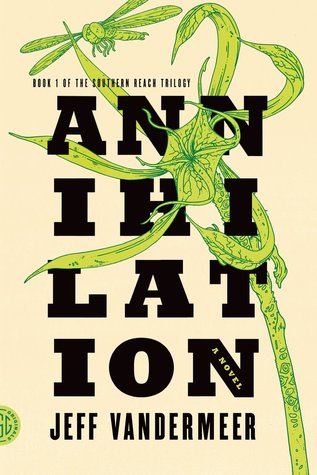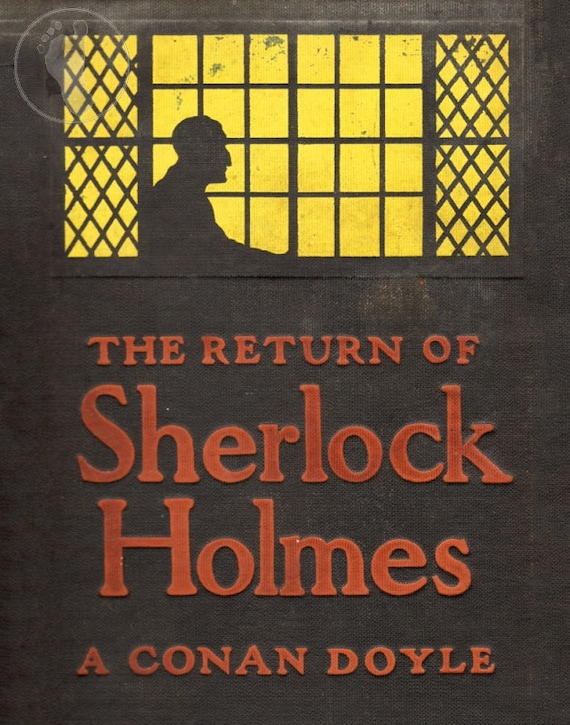I pretty much never read nonfiction, but after visiting the Pearl Harbor museum just outside my hometown of Honolulu, I grew interested in Admiral Yamamoto, the Japanese admiral who launched the attack on Pearl Harbor.
The Reluctant Admiral is excellently translated. I really like the writer's voice -- clear, informed, and opinionated in a way that is compelling rather than overbearing. It is at its best as a character study of Isoroku Yamamoto and the various members of the Japanese Navy. Yamamoto is known for opposing the Tripartite Pact with Nazi Germany, his reluctance in going to war with America, and of course staging the "gamble" of the Pearl Harbor attacks. He is a fascinating and complex man, taciturn yet startlingly emotional, stoic yet mischevious, charismatic yet coarse, defined by both the gambler's crudeness and foresight.
There are a number of great little vignettes surrounding him. One of my favorites is when he hails a taxi cab with a gloved hand, signaling a generous 50 sen tip. But upon arriving at his destination, he pays 30 sen and reveals that his two left index fingers have been blown away during his time in the Japan-Russo War; how could he possibly hold up five fingers? There's another excellent episode in which, while serving as head of the Aeronautics department, he takes on an aide with incredible superstitious, prescient power in determining optimal pilots -- in one glance, this aide can size up whether a man is a pilot and how good of a pilot he is. The shock of the skeptical officers at his accuracy is hilarious. Yamamoto's superstition and intuition certainly form an intriguing part of his character, as though it in no way defines him -- he himself criticizes the cultural crutch of using the will of the gods as an ideological vehicle for the actions and desires of man -- he has moments of foresight that defy logic. Agawa himself is reasonable and logical in his analyses, but has his own small moments of suggestively supernatural or romantic belief. In any other work they might be frustrating, but here I found that they gave this highly incisive work even more flavor.
Though perhaps a womanizer, Yamamoto is emotionally defined by his relationships with three particular women. His most personal letters are often in correspondence with his mistress Chiyoko, and these really round him out, portraying his intimate self-doubts, whims, and desires. I enjoyed these interludes immensely.
When the spotlight began to move away from Yamamoto and focus on the catastrophe at Midway and the slow decline of Japan's wartime power, I began to lose interest, as I'm not really much of a military buff -- the nitty gritty of military movements was mostly lost on me. The navy and international politics are quite interesting, full of game theory which informs the various historical personalities who populate this biography.
Overall, what an interesting and well-written biography. I'd recommend it wholeheartedly to anyone who is interested.











